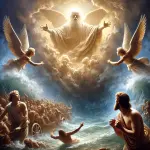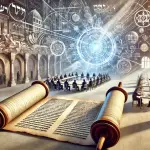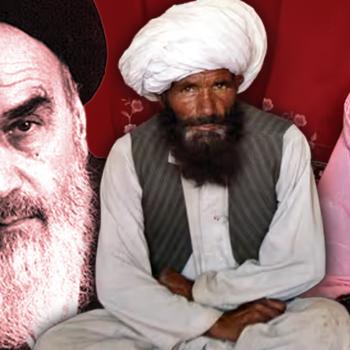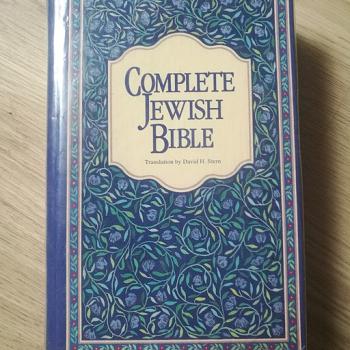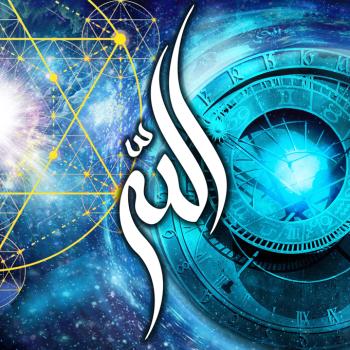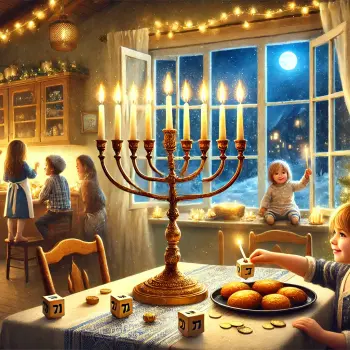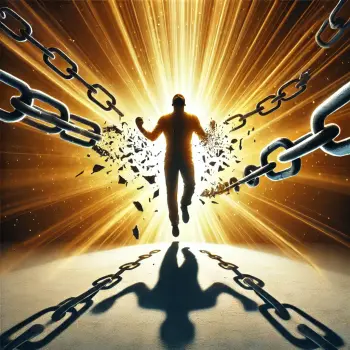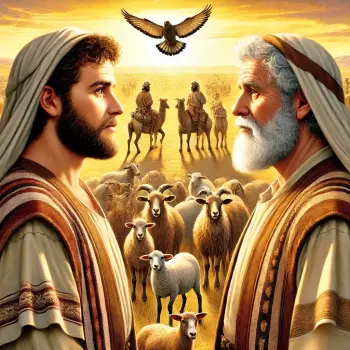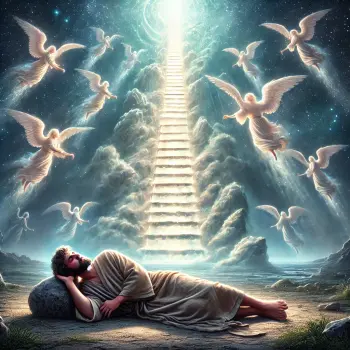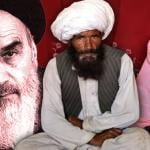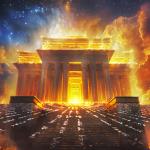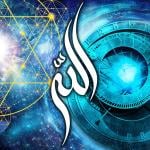
Questions. Our lives are filled with them. At this season in particular we often feel inundated by them. We ask questions to political candidates: What would you do about the border? How will you bring down the price of milk? We ask questions about candidates and issues: What impact will this policy have on the economy? How will this stance impact my family? We ask questions throughout and after games: What was the coach thinking on fourth down? Were the refs actually watching the game? Why do the officials have it in for my team?
Most of these “questions” are just answers hiding in front of the question mark. I support candidate X because she will bring down the cost of bread and milk. I’m in favor of Candidate Y because he will reduce taxes and increase pay and benefits. And yes, we lose because the refs have it in for us (unless we’re the Kansas City Chiefs and the refs are bending over backwards to give them the victory [just kidding]).
Do You Have a Question? Or Just Want An Answer?
Asking the right question appears to be a dying art. We all want the right answers, and we want them quickly. Just think about how many times this week you’ve “googled” something or checked Wikipedia. In school, students just want to be able to check off the right answer rather than understand how the process of photosynthesis works or why Hamlet is so indecisive. Political discourse has been whittled down to trading sound bites or memes. Protesters carry signs like “Ceasefire now” or “From the River to the Sea” without asking about the short-term or long term causes of the conflict or what river, what sea, and what does it really mean?
Our annual cycle of Torah readings begins this week with Bereishit (Genesis 1:1-6:8). [More about this odd numbering system where portions begin and end in mid-chapter in another post.] The portion is about the beginning of the universe and the first humans. It is not science or meant to be read as a discussion of astronomy, paleontology, or biology. It is a religious text and is to be read as such. It is about myth. By myth, I don’t mean fables or fairy tales, I mean stories that try to answer the most basic and important questions about who we are and how we understand the world around us.
In the Beginning? Is that where we should start?
Most people accept without question that the Torah begins with creation. No child ever objects to a story starting once upon a time. Until modern times, we’ve been accustomed to stories proceeding linearly from beginning to end. And I am among the many who find myself confused by modern works of literature and film where time seems to be more fluid and less sequential. Where else are you going to start the tale of the universe and humanity except from the very start?
What’s Rashi really asking?
That’s where we see the art of asking really good questions. Rashi, Rabbi Shlomo Yitzchaki, living in Troyes, in northern France, in the 11th century, asks why do we start here? Why don’t we start with Exodus, Chapter 12 (This month will be the first of months for you….), which is the first commandment given to the Jewish people. Rashi answers his own question by stating that creation demonstrates ownership through quoting Psalm 111:6, “He declared to His people the power of His acts.” If God created and owns the world, then God can choose what to do with it, apply any conditions that God desires, and make and enforce whatever rules that God see fit. For Rashi, beginning with creation lays the foundation for what follows.
As an aside, the question the modern reader can ask (and answer) from Rashi’s comment is, “What’s the purpose of this book?” “Why do we read it?” Rashi’s answer is that it’s the source of rules and laws. It fixes the boundaries of how we’re supposed to live our lives. God creating the rules for life is analogous to God wresting order from chaos at the beginning of the process of creation.
Rashi might be right, but…….
Living almost exactly 800 years later in Poland, Rabbi Yehudah Leib Alter, more popularly known as the Sefat Emet, after his most popular work. was asking the same question that Rashi asked, but ended up with a different answer. He begins by agreeing with Rashi: the primary function of the Torah is the enumeration of the commandments. This agreement is as much a signal as a politician referring to his distinguished colleague to let us know that he’ll be taking his explanation in another direction.
The Sefat Emet begins by referring to a popular midrash or rabbinic interpretation, that God used the Torah as a blueprint to create the world. Up to this point, it is a relatively standard perspective. Then he opens a door that no one had even imagined before.
The Sefat Emet says that this, looking into the Torah and creating, is called the Oral Torah. The Oral Torah is the term used for what becomes the Talmud and rabbinic literature, which is said to be an oral tradition that was passed down through the generations alongside the written one. Here the Sefat Emet posits that not only did it begin in the process of creation, but it also is dependent upon human acts.
The stories of the patriarchs and matriarchs are there to demonstrate how the Torah was made out of their actions. “The power of His acts” from Psalm 111 should be understood as the power that God places within human deeds. That is why we refer to the act of creation. Creation occurred by means of ten divine utterances (“Let there be”). The task of humans is to demonstrate this by showing that every action occurs though the use of divine energy.
He goes on to quote Isaiah 51:16, “I have placed My words within your mouth….to plant the heaven and to establish the earth, saying unto Zion, ‘You are My people’”. The Sefat Emet vocalizes ami -My people, as immi -with me. You are with me in these acts of creation.
Therefore, we not only read Torah, but we are partners with God in actually creating Torah. Our reading leads to our authorship which then becomes the reading for ourselves and others. Not only does Torah renew us and the world, but we renew and refresh Torah through our own lives. For the Sefat Emet, the purpose of the Torah is more than a book of rules, it is a mode of living. God is not the authority directing what one should and should not do, but a partner in determining the behaviors that will best continue the process of creation.
Rashi empowers us as readers to ask pertinent questions. The Sefat Emet emboldens us to probe more deeply and live our lives as a quest for expanding our insights and goodness through thoughtful questions.
So what does the Torah mean to us? Why do we read it and re-read it over and over again?
Please share your own questions and responses below.


